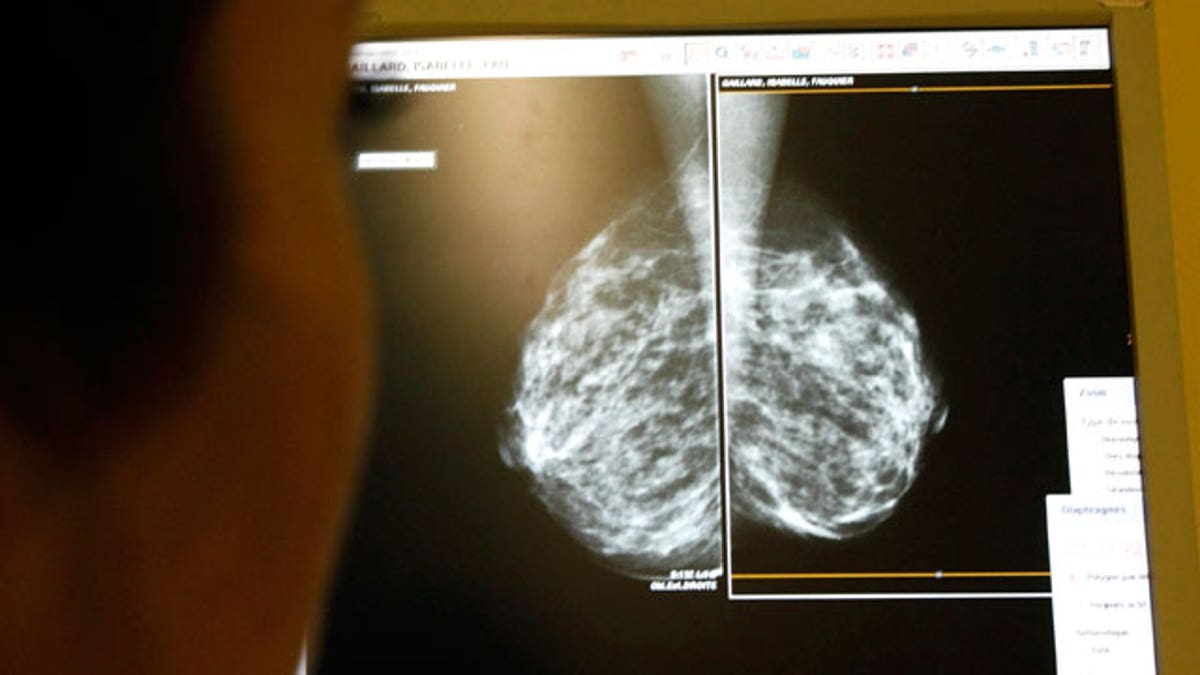
(Reuters)
NEW YORK – Screening mammography is less accurate at spotting breast cancer if a woman has had the disease before, according to a new government-funded study.
Breast cancer survivors are more likely to develop new tumors than women without a history of breast cancer, but little is known about screening in this group.
The new results, published in the Journal of the American Medical Association, are based on information from the largest mammography registry in the U.S.
They show screening does help detect breast cancer in survivors, with 7 cancers found per 1,000 screens compared to 4 per 1,000 screens in women who never had the disease.
But the procedure also missed tumors 11 percent more often in the survivors, even though these women had higher numbers of extra x-rays and other radiology tests done after their mammograms.
Survivors were also one percent more likely to be told the mammogram might be showing a cancer, when the woman actually didn't have the disease.
"These findings and additional studies that are likely to be stimulated from this report should lead to improved (radiology routines)" for breast cancer survivors, screening expert Robert A. Smith of the American Cancer Society (ACS) said in a statement.
About one in eight American women will develop breast cancer during their lifetime, but the chance of dying from the disease has been dropping recently and is now less than three percent, according to the ACS.
Experts disagree about when and how often women should get mammograms. The ACS recommends once a year in women 40 and older, while the U.S. Preventive Services Task Force, a federal expert panel, says once every two years in women over 50.
The new study, led by Dr. Les Irwig of the University of Sydney in Australia, was a joint work of American and Australian researchers.
They compared an equal number of screening mammograms, nearly 120,000 altogether, from survivors and comparable women without a history of breast cancer.
Within a year of screening, 655 tumors were found in survivors, compared to 342 in the other women.
Cancers detected by symptoms, and not screening, were more than twice as common in survivors than in the other women.
The ACS's Smith, who was not involved in the study, said the findings underscore the "importance of remaining vigilant about new symptoms and the importance of reporting breast changes immediately" to a doctor.
The authors call for more studies in breast cancer survivors, especially younger ones and those with very dense breasts, as there is no evidence so far that extra screening efforts in these women will improve their survival.
